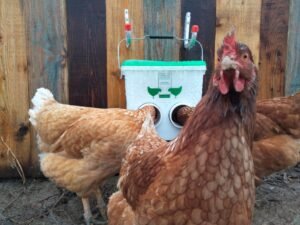Turkeys, while magnificent and rewarding to raise, present some unique health challenges that set them apart from other poultry. Known for their size and distinctive characteristics, these birds require special attention to health management, particularly during their early growth stages.
The Good News:
Despite these challenges, with proper management and preventive care, turkeys can thrive and maintain excellent health. Understanding and addressing these specific health needs is crucial for successful turkey raising, whether in commercial operations or small-scale farming. By focusing on prevention and maintaining optimal living conditions, many common turkey health issues can be effectively managed.
VIRAL DISEASES:
BACTERIAL DISEASES:
FUNGAL DISEASES:
PARASITIC DISEASES:
NUTRITIONAL/METABOLIC CONDITIONS:
If you want to more accurately identify the diseases your turkeys might suffer from, you can use this free APPLICATION.
The information provided in this article is for educational and informational purposes only. While we strive to keep the information up-to-date and accurate, it should not be considered as veterinary advice or a substitute for professional veterinary care.
Every disease situation is unique, and proper diagnosis requires examination by a qualified veterinary professional. If you suspect your birds are ill, please consult with a licensed poultry veterinarian immediately. Delayed or incorrect treatment based on self-diagnosis can lead to serious consequences for your flock’s health and welfare.

